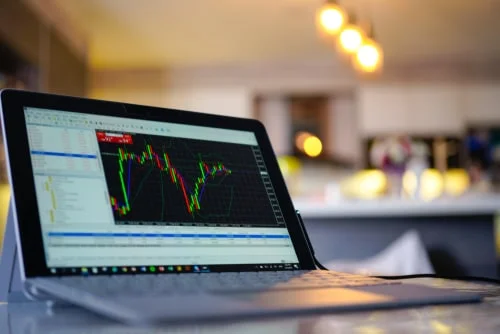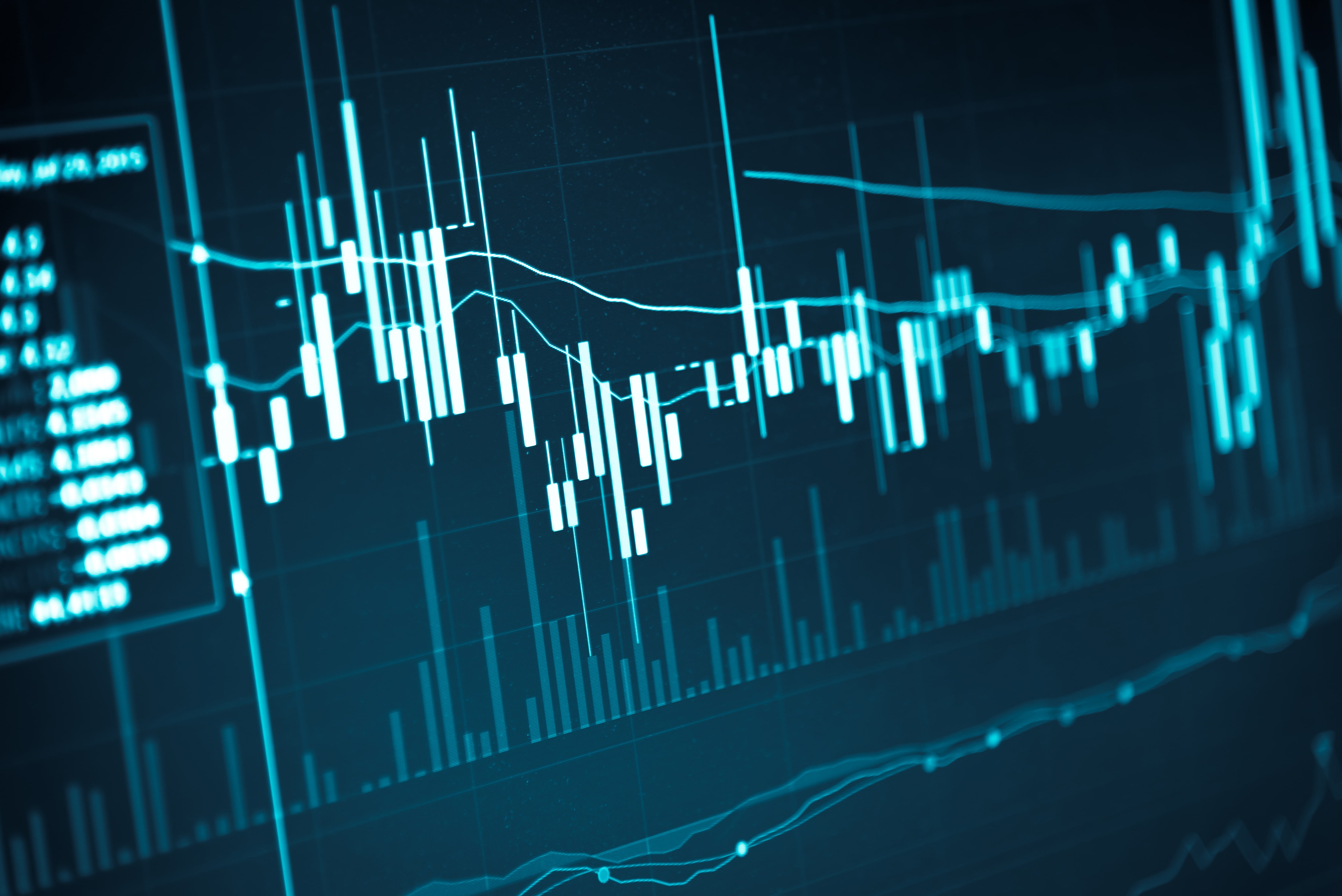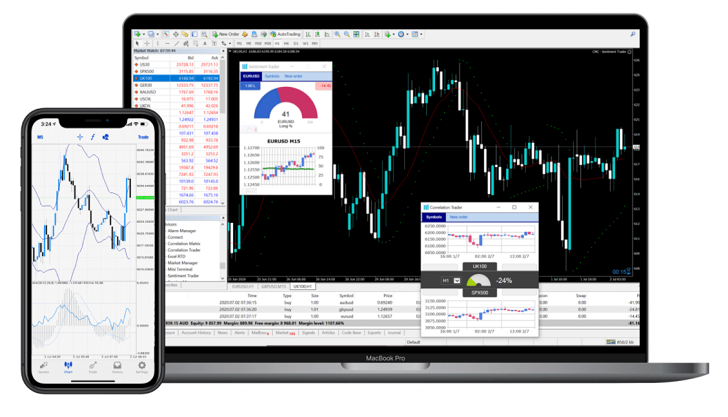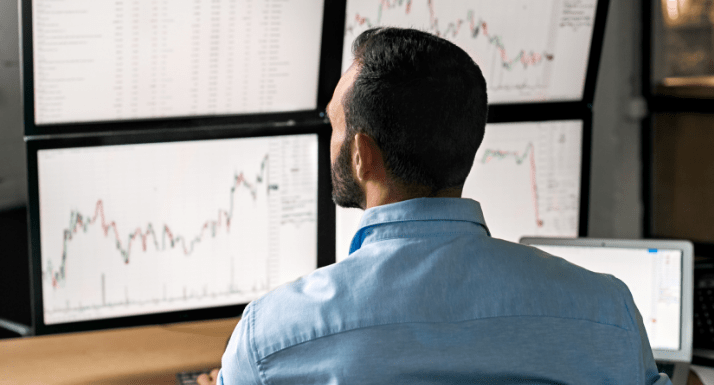ALB Limited 02.05.2022
Psychological Quirks That Affect Your Trading
We all have them. Those little quirks make us who we are. And while they might not seem like a big deal, they can actually have a significant impact on our lives – including our trading. Just like everything else in life, our trading is influenced by our psychological quirks. Some of these quirks can help us succeed, while others can lead to failure. It's important to be aware of the quirks that might be affecting your trading so that you can either work with them or overcome them.Here are some of the most common psychological quirks that can affect your trading:
Overconfidence: This is a major problem for many traders. We get a few wins under our belts and suddenly we think we're invincible. We start taking unnecessary risks, thinking we can't lose. But of course, we can – and often do. Overconfidence is often what leads to big losses.
Fear of losing: On the other end of the spectrum, some traders are so afraid of losing that they never take any risks. They sit on the sidelines, missing out on good opportunities because they're too scared to pull the trigger. Fear of loss can be just as damaging as overconfidence.
Recency bias: This is the tendency to believe that recent trends will continue into the future. So if the market has been going up for a while, we think it will keep going up. And when it starts to turn down, we think it will keep going down. This can lead to bad decision-making, as we tend to extrapolate recent trends too far into the future.
Anchoring: This is when we fixate on a certain number or price level and it disproportionately affects our decision-making. For example, if we buy a stock at $10 and it goes up to $20, we might think it's a good time to sell because we're afraid it will go back down to $10. Or if the stock drops to $15, we might think it's a good time to buy because we're hoping it will go back up to $20. In both cases, we're anchoring on the original purchase price of $10, rather than making a decision based on the current market conditions.
Confirmation bias: This is when we tend to seek out information that confirms our existing beliefs, while ignoring evidence to the contrary. For example, if we believe that a certain stock is going to go up, we might only look at articles and news stories that support that view, while ignoring anything negative. This can lead us to make bad decisions because we're not considering all of the available information.
These are just some of the psychological quirks that can affect your trading. If you're aware of them, you can work to overcome them and make better decisions. Just remember that we all have these quirks – even the most successful traders – so don't be too hard on yourself. Instead, use your quirks to your advantage and make them work for you, not against you.
What is the psychology of forex trading?
To be a successful trader, it is important to understand the psychology of trading. There are a number of psychological quirks that can affect your ability to trade successfully.One of the most common psychological quirks is confirmation bias. This is when you tend to look for information that confirms your beliefs, rather than information that challenges them. For example, if you believe that the US dollar will strengthen against the Euro, you may only look for news stories or economic data that supports this view. This can lead to you making bad trading decisions, as you are not considering all of the available information.
Another common psychological quirk is overconfidence. This is when you believe that you are better at trading than you actually are. This can lead to you taking too much risk, and can ultimately lead to losses.
Fear is also a common psychological quirk that can affect traders. Fear can lead to you avoiding trades, or it can lead to you making hasty decisions in an attempt to get out of a losing position.
It is important to be aware of these psychological quirks, as they can have a major impact on your ability to trade successfully. If you are able to overcome them, you will be well on your way to becoming a successful trader.
A Guide to Trading Psychology
" psychology plays an important role in trading. It can be the difference between success and failure."Psychology is a critical aspect of trading that is often overlooked. Many people believe that all you need to do to be a successful trader is to have a good strategy. But even the best strategy will not work if you do not have the right mindset.
There are many different psychological quirks that can impact your trading. Some of these may seem obvious, while others may be more subtle. But all of them can have a significant impact on your success or failure as a trader.
Some common psychological issues that can impact trading include:
Fear of missing out (FOMO): This is the fear of missing out on a good opportunity. It can lead you to take risks that you would not normally take.
Greed: This is the desire to make more money than you need to. It can lead you to over-trade and take unnecessary risks.
Hope: This is the belief that things will eventually turn around even if they are currently going against you. It can lead you to hold onto losing positions for too long.
Revenge trading: This is when you trade solely based on the emotions of anger or frustration. It can lead to impulsive decisions and bad trades.
It is important to be aware of these psychological issues so that you can address them head-on. If left unchecked, they can lead to disastrous results.













